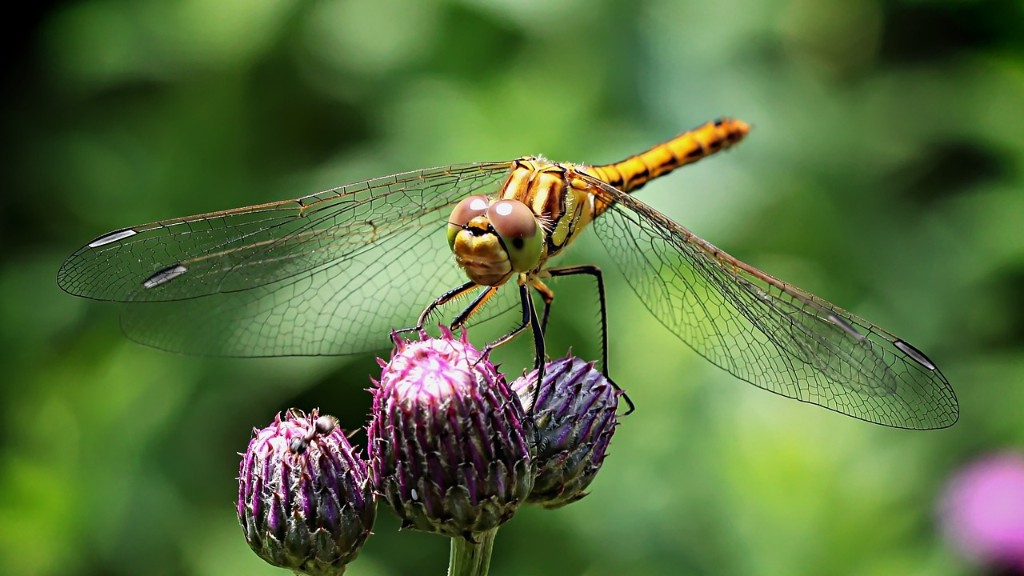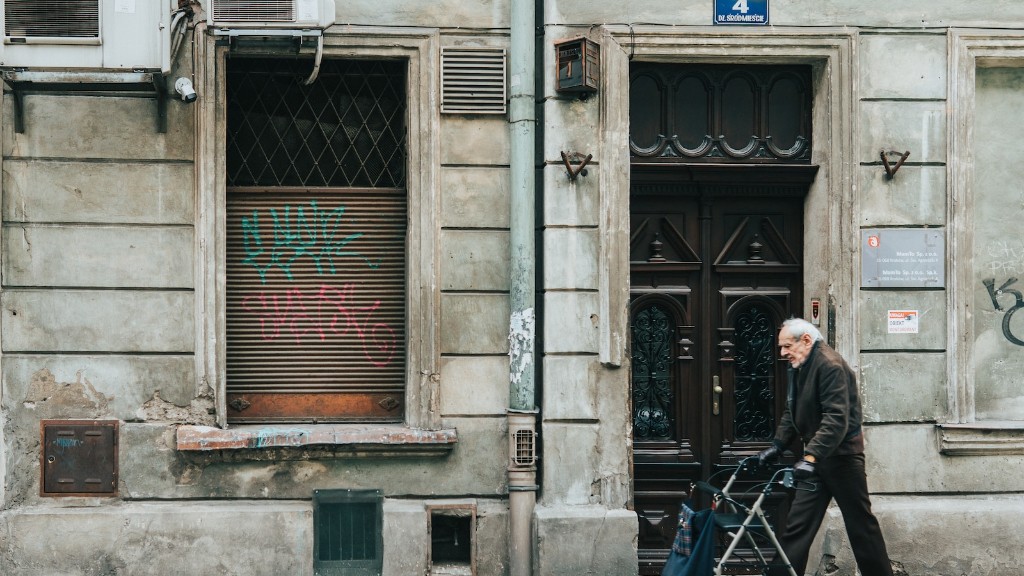Poland’s Struggle for Independence
It is hard these days to imagine life in the modern Poland without recalling the turbulent period of the last 200 years, which has seen the country switch from a dependant nation to a state of independent constitutional democracy.
Throughout this period, the people of Poland have battled empires, dictatorships, war, and the threat of partition and have worked on the construction of their self-determining nation.
Poland’s struggles over the past two centuries have left an indelible mark on its culture and society. To this day, the nation remembers, honors, and pays homage to the heroes and martyrs of the past.
Early 19th Century
The 19th century was dominated by partition and oppression in what was then the Polish-Lithuanian Commonwealth.
By the end of the 18th century, the Commonwealth was already divided into three parts: Prussia, Austria, and Russia. After a period of relative autonomy, all three empires started to put pressure on the Commonwealth and limit their traditional freedoms.
The first result of this move was the collapse of the Polish army in the face of Russian forces and the eventual forced creation of the Congress Poland in 1815. From then on, the country was split between the three powers and its inhabitants were stripped of many of their liberties such as the rule of law and freedom of movement.
Birth of the Modern Nation
The Poles’ dream of independence finally came to fruition in 1918. After the collapse of the German and Austro-Hungarian Empires in WW1, Poles rose up against the Russian occupiers controlling the largest part of the country.
Polish forces allied with Ukrainian and German troops succeeded in declaring Polish independence in 1918 and forming their own state. However, they were still facing a theoretical threat from Moscow and Berlin and their attempt at making their own nation without outside help turned out to be short-lived.
In less than a decade, both those countries had invaded parts of Poland and forced it to move its borders. The country was left in a state of instability and would remain so for the coming years, surviving under the rule of the rump Commonwealth and hostile occupiers.
WW2 and the fall of Communism
World War 2 marked a turning point in the history of Poland. After being invaded by both Germany and the Soviet Union in 1939, the country was left in tatters and its citizens were subjected to unimaginable suffering until 1945. During this period, millions of Poles lost their lives, homes, and business, culminating in the country’s abysmal defeat and occupation by Soviet forces.
Fortunately, during the post-war years, Poland gradually recovered and its citizens gained back some of the freedoms they had lost during the war. After the fall of communism, the country saw a set of political changes, from the birth of the Solidarity Trade Union to the elections of 1990, where the first free democratic elections since 1945 took place.
Poland Joins the European Union
In the late 1990s, Poland joined NATO as part of the post-Cold War reorganization of Europe. This was followed by its inclusion in the European Union in 2004, which has brought a new era of peace and prosperity to the nation and marked a major milestone in its 200-year-old history.
Despite the many challenges it faced, or perhaps because of them, Poland has become a pillar of stability in the region and an important ally of the United States.
Today, the nation’s people enjoy a high degree of freedom and are proud to call Poland their homeland.
Poland’s Contribution to the World
Throughout its history, Poland has made substantial contributions to the world. The Polish tradition of faith and education has produced five Nobel laureates, a number of world-renowned scientists and inventors and generations of political and spiritual leaders who have shaped the destiny of Europe.
Polish culture and food have long been popular in other countries and have become an integral part of Central and Eastern European life.
The country has also produced some of the finest musicians, artists, and writers in the world including Frederic Chopin and author Joseph Conrad, who wrote the classic “Heart of Darkness” novel.
Indeed, the last two centuries have seen Poland grow as a nation and begin taking its place among the most civilised nations in the world.
Economic Growth and Development
The economic and social development of Poland in the last 200 years has been remarkable. The country, with a population of around 40 million, has become the sixth-largest economy in the European Union.
Poland has achieved impressive improvements in living standards and poverty reduction, due to a combination of reforms and foreign investment.
The country is also a major exporter of agricultural products, machinery, and processed food, and its energy sector is closely tied with the rest of Europe and Russia.
It is also worth noting that Poland is one of the most popular tourist destinations in the world, with many visitors from countries like Germany, France, and the United States flocking to its vibrant cities and attractions.
The Future of Poland
As Poland looks to the future, the country is confronting the challenge of preserving its tradition of freedom while keeping up with the rapid pace of economic and social change.
Under the leadership of the current Prime Minister Mateusz Morawiecki, Poland is making strides to increase its economic competitiveness while still respecting the nation’s cultural heritage and diversity.
The nation is also improving its infrastructure, including roads and rail transport, and investing in green energy sources such as solar and wind to reduce its dependence on imported gas and oil.
Poland’s future may seem uncertain, but it is clear that the country has come a long way in the last two centuries and is well-positioned to continue its progress in the years to come.


